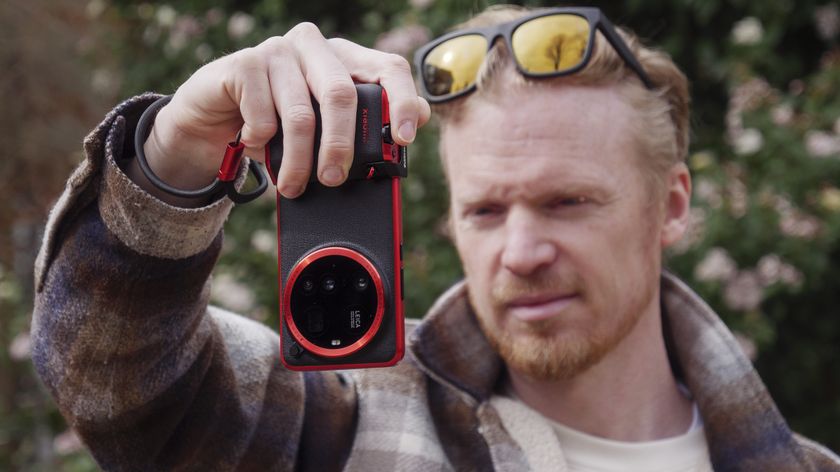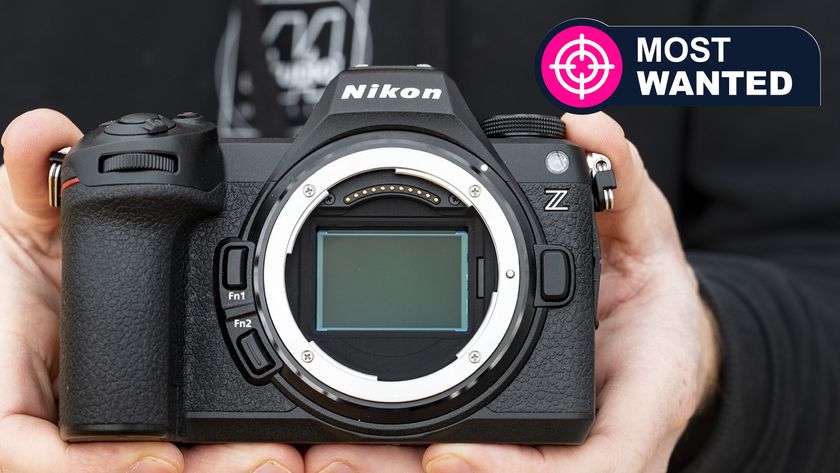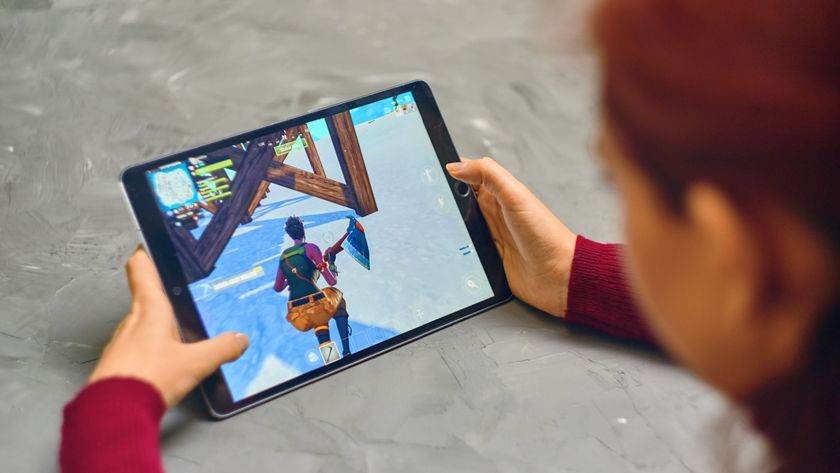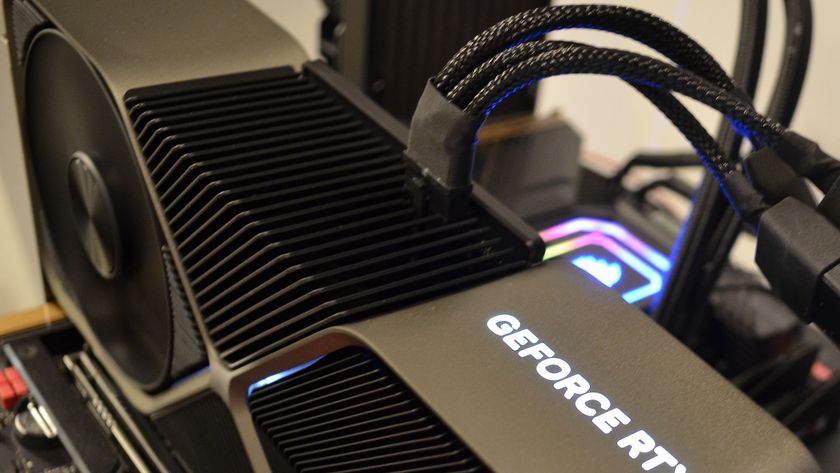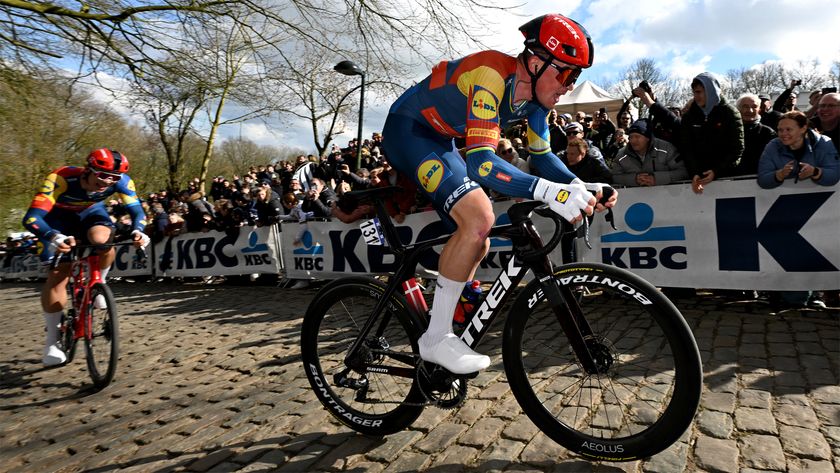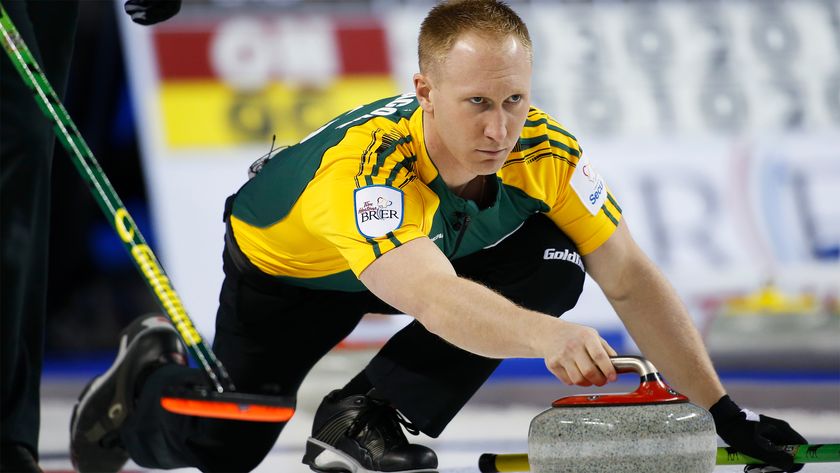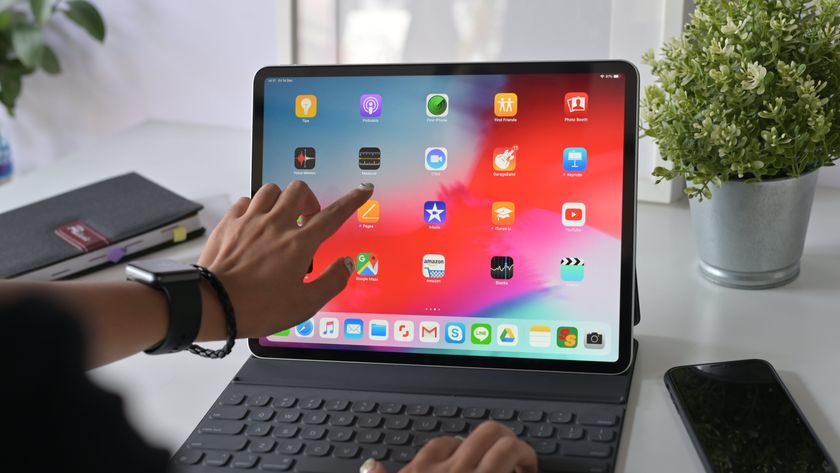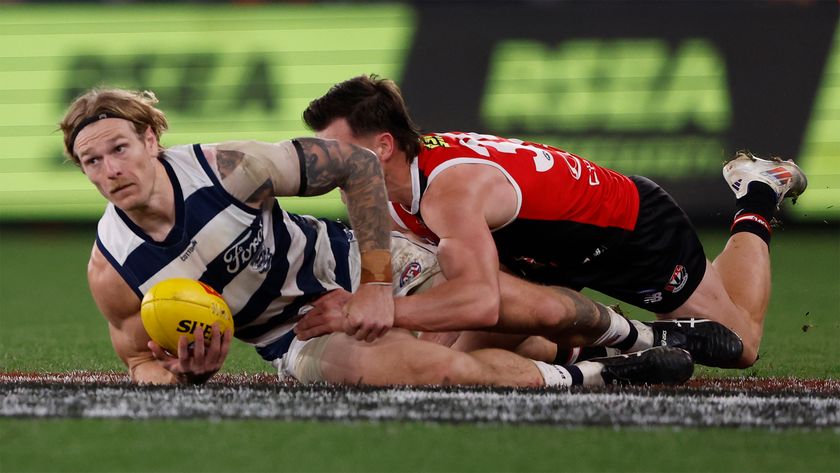Do you need qualifications to become a professional photographer?

Studying for a photography qualification can help to fill in any gaps in your technical knowledge, strengthen your portfolio and demonstrate your commitment - something that can certainly make a difference when you're looking for your first job.
But how relevant is it for the keen amateur looking to become a professional photographer?
"I feel it's important to have a good technical understanding of photography and the business of photography, so a higher education degree from a respected institution is a good starting point," advises Tom Mackie.
"Photographic workshops are also a good way to learn from professionals. I have had many amateur photographers on my workshops who have eventually taken the plunge to become professional photographers.
"There is a distinct difference between a photographer and a 'professional' photographer in the way they work in the field and with clients."
SEE MORE: 77 photography techniques, tips and tricks for taking pictures of anything
University of life
Like many pros, Richard Peters didn't study photography: "I opted for the hands-on approach of trial-and-error, instead, sharing my images on forums with others to seek feedback and help me develop.
Get daily insight, inspiration and deals in your inbox
Sign up for breaking news, reviews, opinion, top tech deals, and more.
"Anyone can pick up a camera and learn what buttons do what and take a technically brilliant record shot," he adds.
"However, the real challenge is understanding light, how to work with it and how to create something a little different from the rest. It's not easy, and not every shot you take will be an award-winner or a big seller. But the more time you spend behind a camera, the more you'll grow and learn."
"I have only two qualifications," adds Alex Bailey. "A driving licence and a City & Guilds in photography - I didn't get any other qualifications at all! If you actually delve into the history of a great deal of well-established photographers, many of them have little or no formal qualifications - they have done it through hard graft from the ground up."
If you're considering turning professional then you're confident in your photographic ability and maybe a qualification isn't for you. But how much thought have you put to managing your business?
You'll need to have a sound grasp of the financial side. Getting to grips with accounting, tax payments and insurance - in addition to covering your gear for damage and theft, you'll need public indemnity insurance - is vital, and attending a short course on setting up and running a business is likely to prove as worthwhile as studying for a formal photography qualification.
READ MORE
How to get your photos published in the world's best photography magazines
How to compose a photograph: start seeing images where you never saw them before
10 reasons your photos aren't sharp (and how to fix them)
10 common camera mistakes every photographer makes
